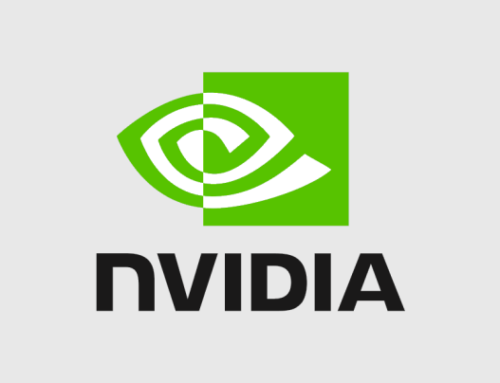Popular open-source computer hardware company Adafruit Industries accidentally exposed customer data…
…via the GitHub account of a former employee.
As you’ve probably figured out already, Adafruit is named after Ada Lovelace, a nineteenth-century British intellectual who was a computer programmer long before any programmable computers existed.
As mysterious as that might sound, the story is both uplifting and disappointing in equal measure. In the 1830s, British inventor Charles Babbage designed a general-purpose computer that he dubbed the Difference Engine. While he was busy trying to construct the device, Ada started wrestling with how it might be used. She outlined numerous programming principles that today we take for granted, such as loops and subroutines for commonly repeated computations, essentially coding various algorithms that would run on it. She even began pondering the issues of artificial intelligence and whether computing machines might ever truly be considered capable of independent thought and creativity. (Her considered conclusion, dubbed Lady Lovelace’s Objection by twentieth-century computer scientist Alan Turing, was: “No.”)
Unfortunately, Babbage’s computer – which was, of nineteenth-century necessity, entirely mechanical – turned out to be unbuildable. The lathes and milling machines of the day just weren’t up to the precision required to allow its many cogs and levers to operate reliably in unison. The cumulative effects of backlash in the mechanism meant that it never worked, so the Victorian age never acquired giant steampunk computers, and Ada’s code was never executed on an actual device.
The company sells a wide range of miniature open-source hardware boards and kits for hobbyists and professionals alike. (Think Raspberry Pi and Arduino, along with loads more custom hardware that’s even smaller and even funkier.)







